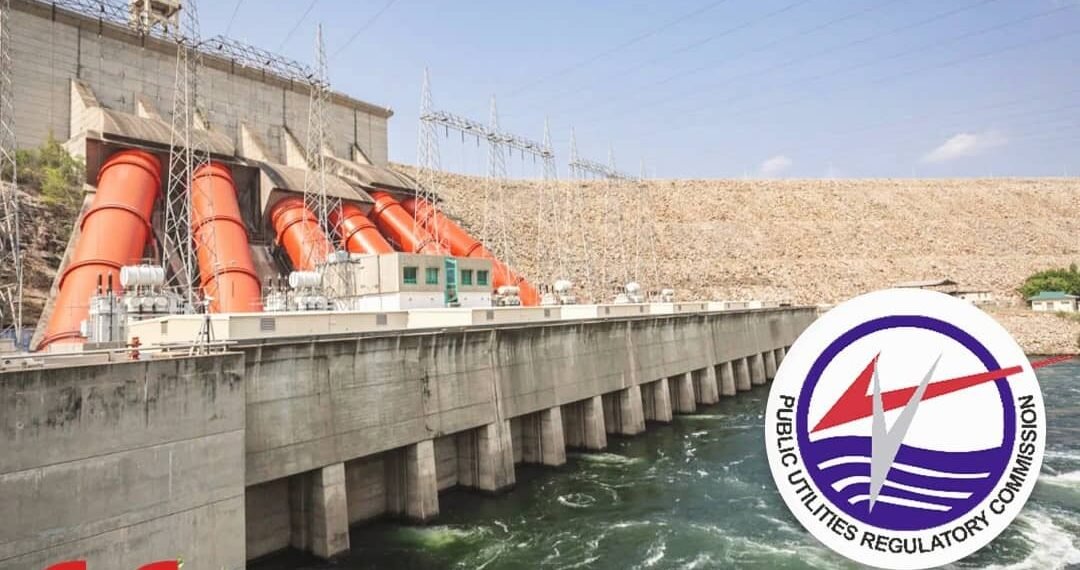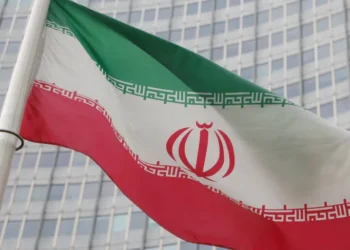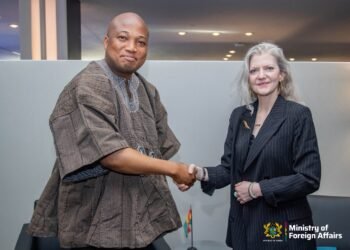The Public Utilities Regulatory Commission (PURC) has announced a 2.45% upward adjustment in electricity tariffs for all consumer categories, effective July 1, 2025. Water tariffs will remain unchanged for the third quarter, maintaining a 0% increase across all consumer classes.
The decision, outlined in the Commission’s official third-quarter tariff review report, reflects the application of the PURC’s Quarterly Tariff Review Mechanism. This mechanism is designed to respond to fluctuations in key macroeconomic and operational variables, including exchange rates, inflation, fuel costs, and electricity generation mix, ensuring the financial viability of utility service providers while safeguarding consumers.
“These quarterly reviews allow us to maintain the real value of tariffs in the face of changing economic conditions, and ensure that utility providers remain operationally sound.”
Dr. Shafic Suleman, Executive Secretary of the PURC
To arrive at the 2.45% tariff increase, the Commission evaluated several key economic and operational indicators. A major factor was the notable appreciation of the Ghana Cedi, which strengthened to GHS 10.3052 per US dollar from GHS 15.6974 in the previous quarter, easing some cost pressures.

Inflation trends also played a role, with the Commission projecting an average quarterly inflation rate of 5.62% and an annual forecast of 20.67%. These figures influenced cost expectations across the energy sector.
The cost of fuel, particularly natural gas, saw a marginal increase. The Weighted Average Cost of Gas (WACoG) rose slightly from USD 7.6289/MMBtu to USD 7.7134/MMBtu, adding to the operational expenses for thermal power generation.
The electricity generation mix remains heavily dependent on thermal sources, which constitute 71.20% of supply, while hydro contributes 28.80%.
The Commission also accounted for a GHS 488 million legacy revenue shortfall and made provisions for reserve capacity to maintain grid stability and reliability.
“Despite a stronger cedi, upward pressure from fuel costs and generation dynamics necessitated a marginal tariff increase.”
Dr. Shafic Suleman, Executive Secretary of the PURC
New Tariff Breakdown

For residential consumers, lifeline customers (0-30 kWh) will now pay GHp 79.5308 per kWh, up from GHp 77.6274.
Other residential users consuming up to 300 kWh will pay GHp 180.1867, and those exceeding 301 kWh will see a rate of GHp 238.0873.
Non-residential consumers face similar adjustments, with lower-tier consumption moving to GHp 162.6801 and upper-tier rates increasing to GHp 202.1723.
Large-scale users such as Special Load Tariff (SLT) customers at various voltage levels will also experience hikes, with high-voltage mines now charged GHp 508.0854 per kWh, up from GHp 495.9255. Service charges across customer classes remain unchanged.
In contrast to electricity, water tariffs for all customer classes will remain the same for the third quarter. This includes residential, commercial, industrial, and special-use customers such as sachet water producers and public institutions.
“Maintaining water tariffs reflects PURC’s sensitivity to economic pressures on households and businesses, while ensuring service providers continue to operate efficiently.”
Dr. Shafic Suleman, Executive Secretary of the PURC

While the tariff increment is modest, it comes at a time of economic recovery where any change in utility pricing can affect household and industrial budgeting. PURC’s decision aims to strike a balance between protecting consumers and ensuring the solvency of utility providers.
“We will continue to monitor service providers to ensure they meet regulatory benchmarks and deliver improved services to consumers.”
Dr. Shafic Suleman, Executive Secretary of the PURC
The Commission reaffirmed its commitment to enforcing value-for-money principles and enhancing service quality.
The Commission further encouraged consumers seeking clarification to contact its Research and Corporate Affairs Directorate.
As Ghana continues to grapple with rising energy demands and infrastructure costs, regular tariff adjustments through a predictable, transparent mechanism remain a cornerstone of the country’s utility governance strategy.
READ ALSO: Mastercard and Access Bank Unveil Innovative Age-Segmented Card to Empower Ghana’s Youth



















